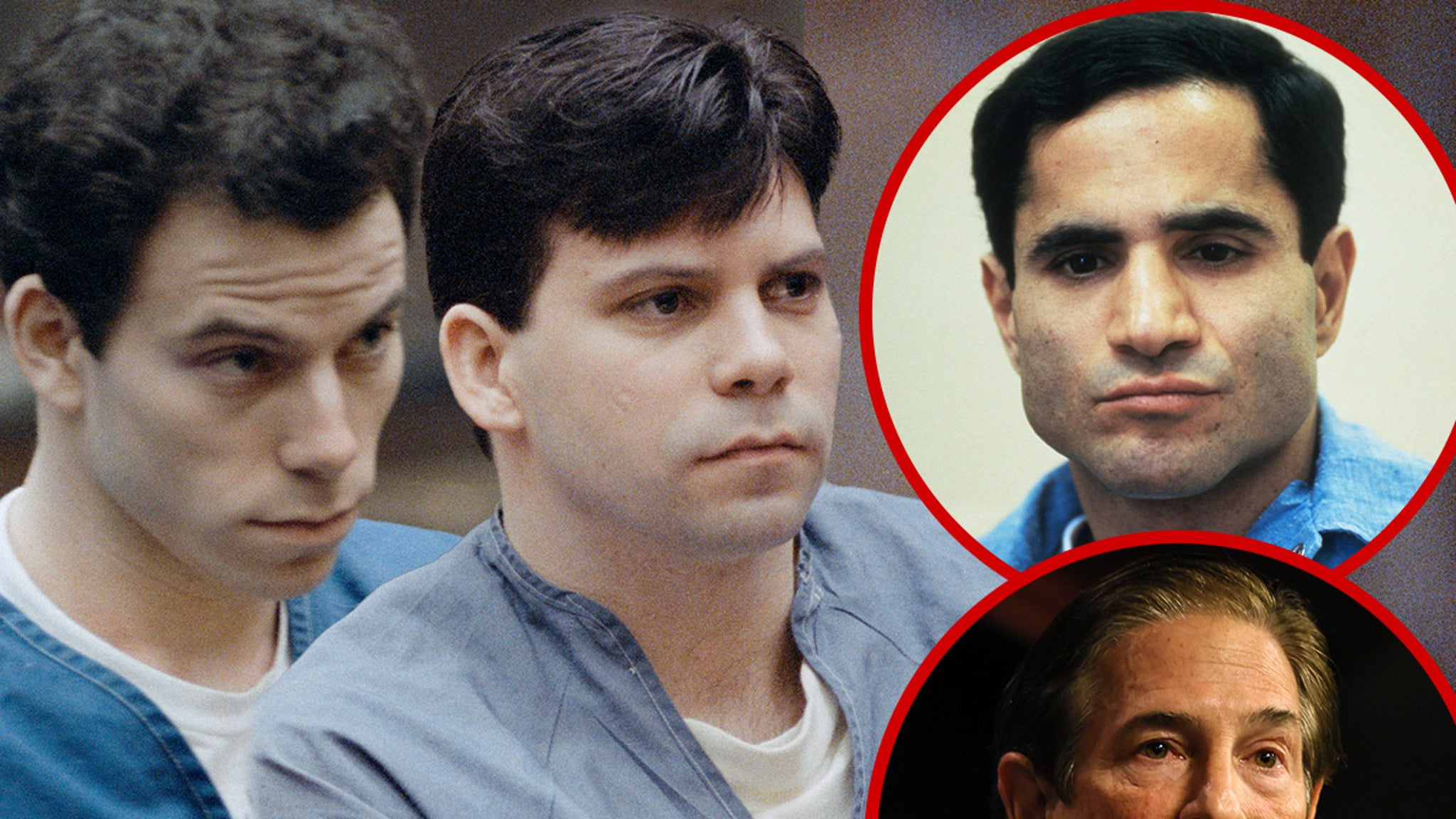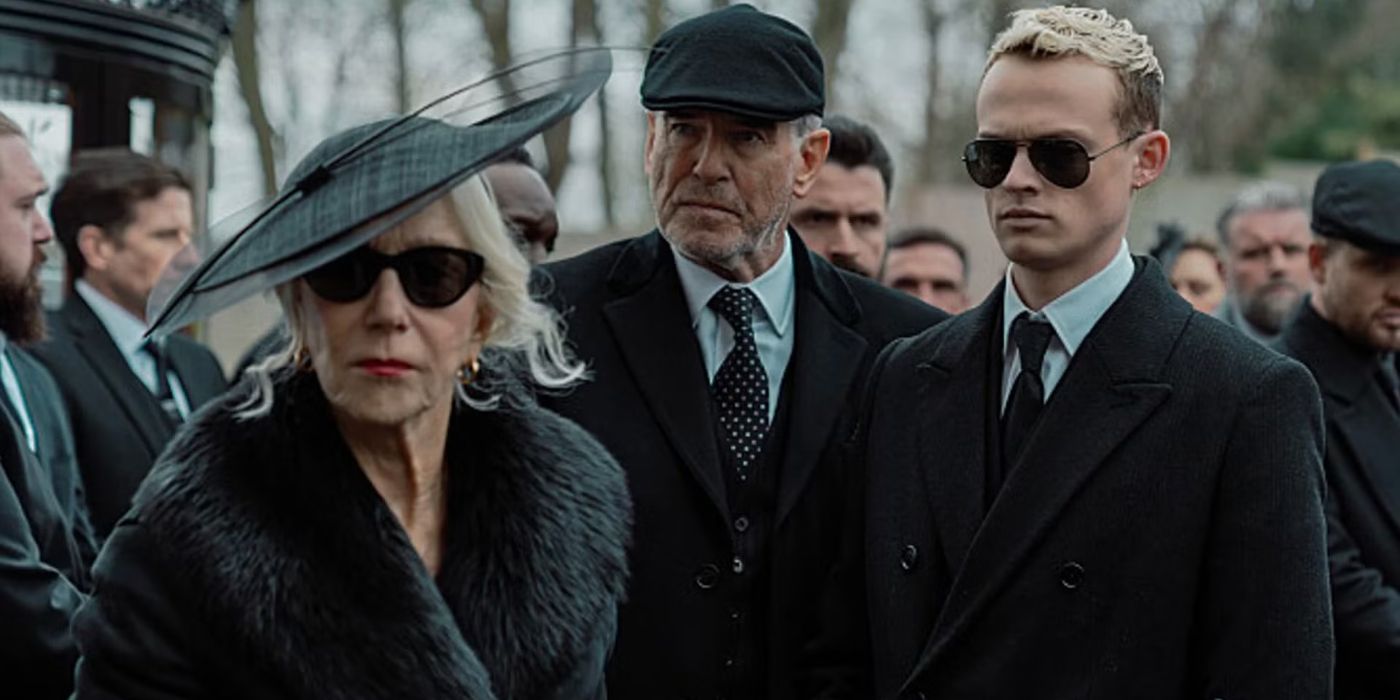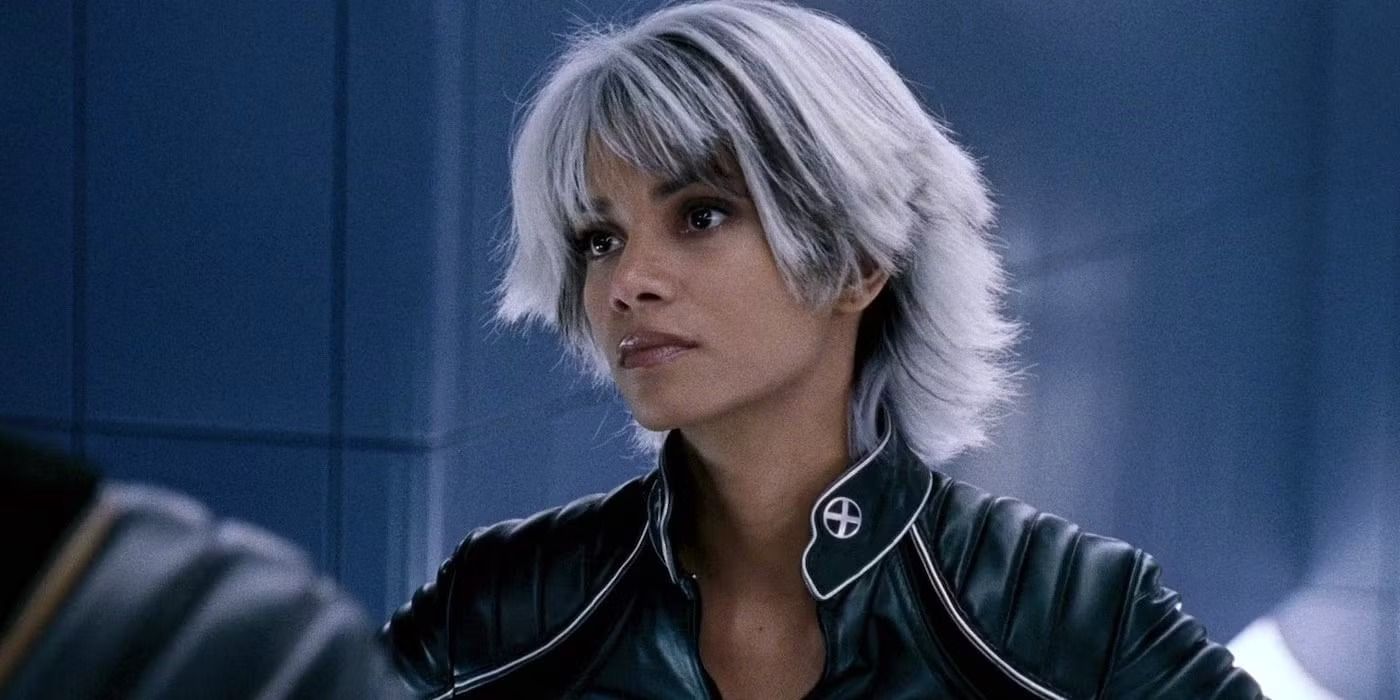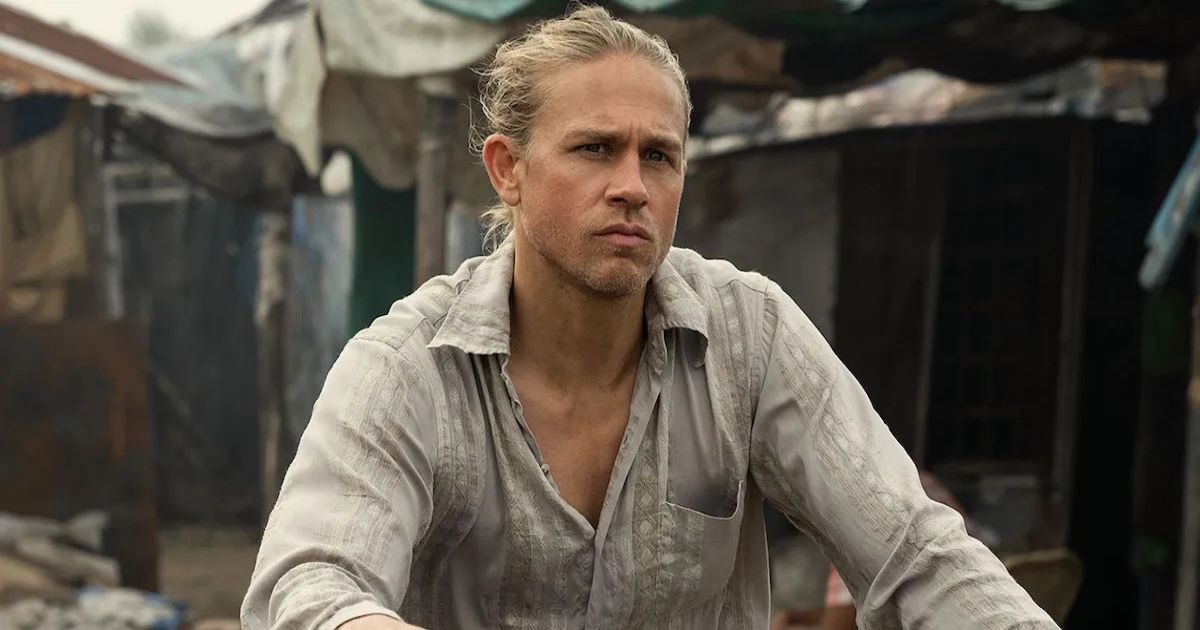Elements throughout “Executive Order” hint at a fascinating commentary. The voluntary “Return Yourself Now” program feels absurd and slyly evil in the same way “Sorry To Bother You’s” WorryFree accurately skewered the glorified indentured servitude culture of WeWork and Amazon. Antonio’s wife Capitu (Taís Araújo) finds refuge in an underground “Afro-Bunker,” where Afro-Brazilians hide out amongst colorful artifacts from the community’s now banned Carnival celebration.
These moments get smothered, however, by a prestige drama pathos that takes over from the second act onward. It’s hard to tell what kind of movie “Executive Order” wants to be. While its satirical elements and speculative details are its most interesting features, its focus instead lies in a plot that doesn’t need that framework to get across the points it’s trying to impart. Ramos’ film has strong potential, but lacks a consistent vision.
“Potato Dreams of America,” premiering in the festival as part of its narrative feature competition, is an autobiographical dark comedy about writer/director Wes Hurley’s experience growing up in Vladivostok in the ’80s and ’90s, and then emigrating with his mail-order bride mother to Seattle in hopes of a better life. It’s a fascinating story, and the film boasts a lot of ambition, but the production level doesn’t always feel ready to meet it.
The first third of the film, set in Russia, has a heightened staginess recalling Matthew Rankin’s “The Twentieth Century,” and it’s a smart way to make use of limited resources. Hurley shoots these scenes on sets resembling a community theater production, with sharply contrasted lighting that leans into that stagey feeling. Young Vasily (Hersh Powers), nicknamed Potato, and his mother Lena (Sera Barbieri) struggle to get by in Soviet Russia. A prison doctor, Lena feels threatened and undermined at work. Meanwhile, Potato discovers religion and adopts Jesus (Jonathan Bennett) as an imaginary friend.
The movie’s style shifts when Lena (now played by Marya Sea Kaminski) marries John (Dan Lauria), and she and Potato move to Seattle. There, Potato (now played by Tyler Bocock) struggles with his sexual identity, eventually coming out as gay. Hurley moves from a soundstage to real interiors and exteriors, and softer lighting. The tone of the film also changes from satirical to heartfelt. Since Vasily and his mom are so taken with American entertainment, this may be meant to mimic the look of the era’s sitcoms while upending their conventions. Casting the dad from “The Wonder Years” as the repressed stepfather lends itself to that reading.
It’s unclear as “Potato Dreams of America” goes on, however, how much of this style is intentional and how much of it is that way by necessity. This is accompanied by some big swings that feel rushed, asking for sudden empathy for a character who’s done little to earn it. The story behind the film is engaging and worthy, but in overall execution, it feels uneven.
You can view the original article HERE.





























